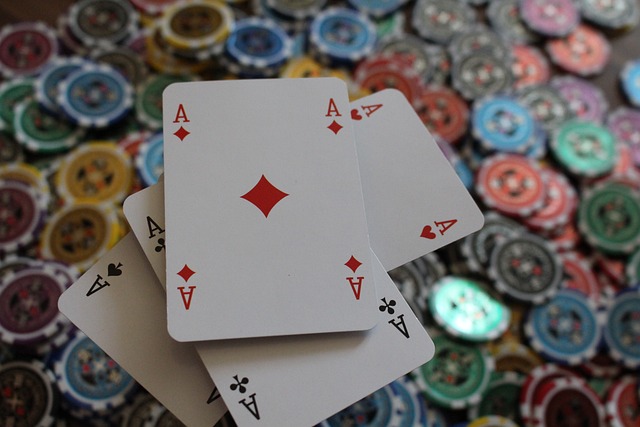A “national casino” is generally understood as a casino establishment that has been officially sanctioned, regulated, or operated by a country’s government. Unlike typical privately-owned casinos, national casinos are considered to be public assets that are aimed at generating revenue for the state. They often come with their own set of laws and regulations, distinct from those governing privately-owned casinos, and the profits generated are usually funneled into public sectors like education, health, and infrastructure.
National casinos can serve multiple purposes for a country. Besides being sources of revenue, they may also serve as tourist attractions, thereby bolstering the tourism industry. In some cases, a national casino might be set up to control or regulate gambling activities, with the intention of minimizing social problems associated with unregulated gambling.
Some notable examples of cities with national casinos include:

Monaco – Monte Carlo: Arguably one of the most famous casinos in the world, Casino de Monte-Carlo is a government-owned establishment. Though Monaco itself is a sovereign city-state, the casino significantly contributes to its economy.
Singapore – Marina Bay Sands and Resorts World Sentosa: While not strictly “national” casinos, these establishments operate under tight regulations from the Singaporean government, which sees them as a necessary but restricted part of its tourism strategy.
Macau, China: While these are not national casinos in the strict sense, the Special Administrative Region of Macau operates under different rules from mainland China, where gambling is illegal. Casinos in Macau are regulated and licensed by the local government and contribute substantially to the region’s income.
As for where new national casinos are starting, it’s essential to note that the landscape is continually changing, driven by economic, political, and social factors. However, some trends can be noted:
Japan: The country has recently passed laws that will allow the operation of Integrated Resorts, including casinos. This is seen as a significant step towards establishing national casinos, under strict government oversight.
Brazil: Brazil has been mulling over the legalization of casinos for years, and there are strong indications that national casinos might be part of the future, subject to federal regulations.
Vietnam: The government has shown openness to the idea of national casinos and is experimenting with models that might work best for the country.
Greece: As part of its economic recovery strategy, Greece has been looking into expanding its casino industry and establishing more nationally-regulated casino resorts.
United States: While not national casinos per se, several Native American tribes operate casinos under federal law rather than state law. There are talks about the potential for more such establishments, especially as the country opens up to sports betting and online gambling.
The trend appears to be that more countries are open to the idea, seeing it as a way to generate revenue and boost tourism while regulating a practice that often exists in any case. With proper oversight, national casinos can be both profitable and socially responsible.
